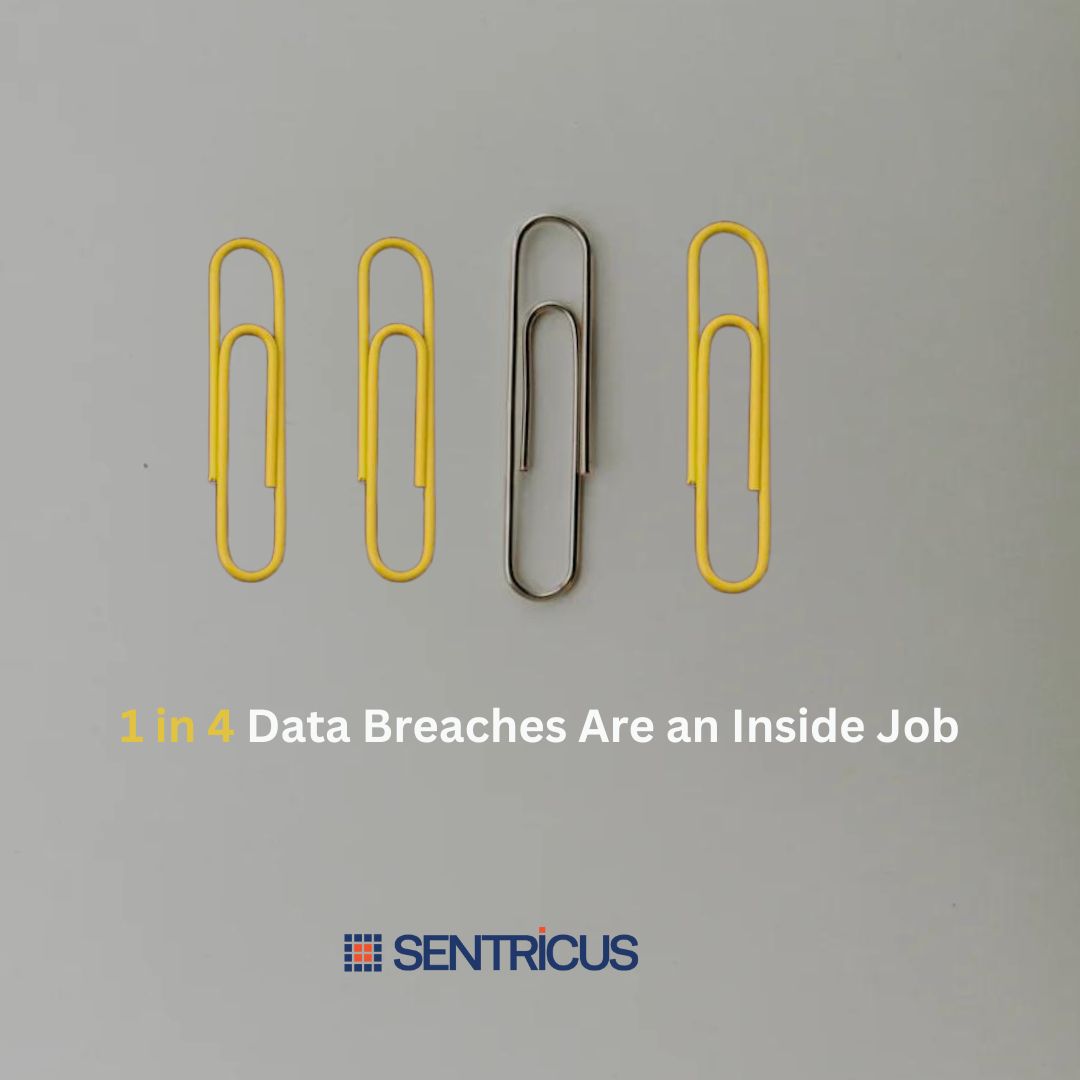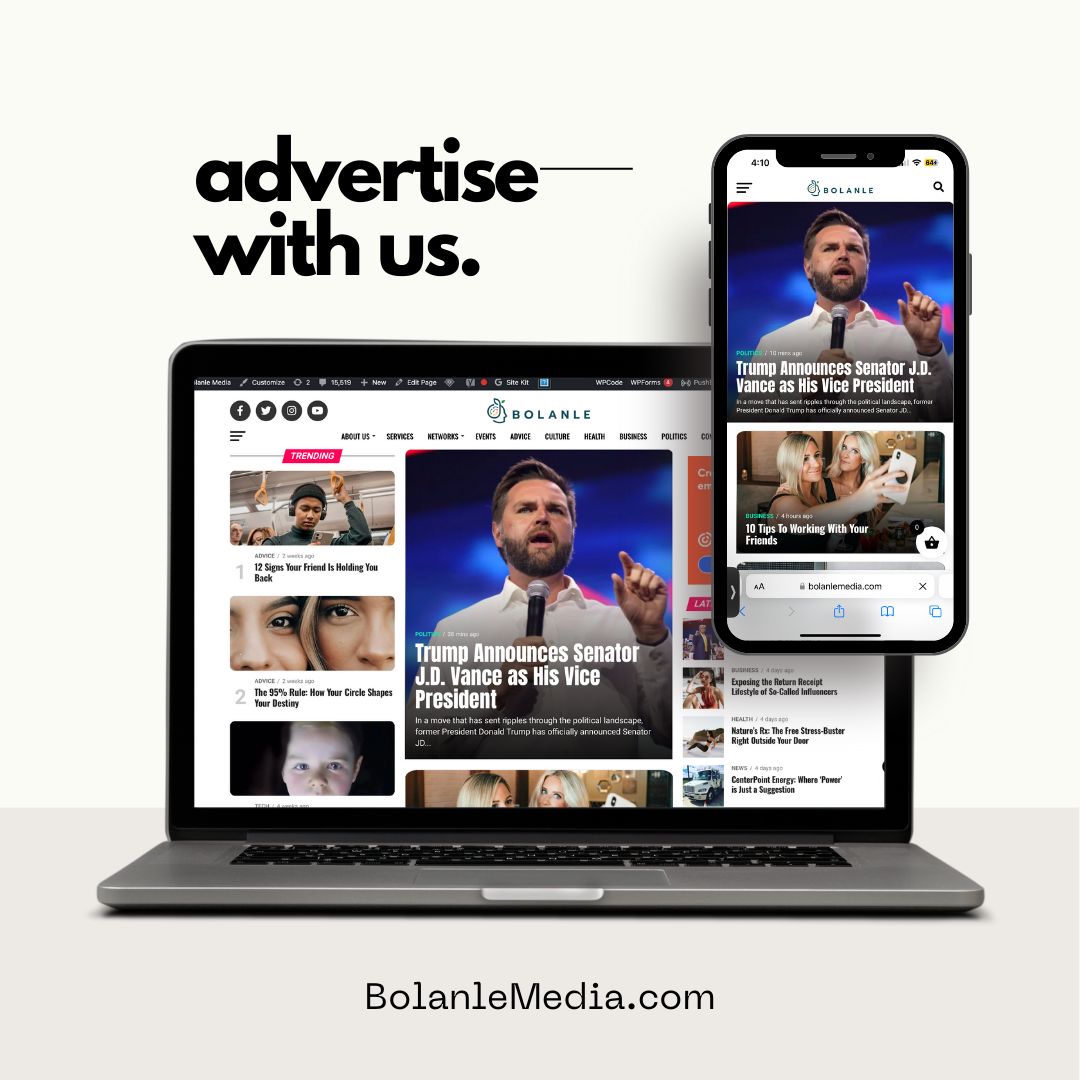Business
84% of Consumers Expect Brands to Create Content
84% of consumers expect brands to create content, highlighting the critical importance of content marketing in today’s business landscape. This statistic underscores a significant shift in consumer behavior and expectations, making it essential for businesses to prioritize content creation as part of their advertising and marketing strategies.
Content marketing has become a powerful tool for businesses to engage with their audience, build brand awareness, and establish trust. By creating valuable, relevant, and consistent content, companies can attract and retain customers, ultimately driving profitable customer action.
Here’s why businesses should take this consumer expectation seriously:
1. Brand Visibility: Creating content helps businesses stay visible in a crowded digital marketplace. Regular content production keeps your brand top-of-mind for consumers and improves your search engine rankings.
2. Customer Engagement: Content provides opportunities for meaningful interactions with your audience. It allows you to address customer pain points, answer questions, and showcase your expertise.
3. Trust and Credibility: By consistently delivering valuable content, businesses can position themselves as industry leaders and trusted sources of information. This builds credibility and fosters customer loyalty.
4. Customer Journey Support: Content plays a crucial role at every stage of the customer journey, from awareness to consideration and decision-making. It helps guide potential customers towards making a purchase.
5. Personalization: Content creation allows for personalized messaging, which is increasingly important to consumers. 91% of consumers are more likely to shop with brands that provide relevant offers and recommendations.
6. Two-Way Communication: Content opens up channels for dialogue between brands and consumers. This two-way communication is vital for building relationships and gathering valuable customer insights.
To maximize reach and effectively integrate content into their advertising strategies, businesses should consider partnering with experienced advertising agencies like Bolanle Media. Such partnerships can provide several advantages:
1. Expertise: Advertising agencies bring specialized knowledge and skills in content creation, distribution, and optimization.
2. Resource Efficiency: Outsourcing content creation can be more cost-effective than maintaining an in-house team, especially for small to medium-sized businesses.
3. Consistent Quality: Professional agencies can ensure a steady stream of high-quality content that aligns with your brand voice and marketing objectives.
4. Multi-Channel Approach: Agencies can help businesses create and distribute content across various platforms, ensuring a cohesive brand message across all touchpoints.
5. Data-Driven Strategies: Advertising partners can provide valuable insights and analytics to refine content strategies and improve ROI.
6. Innovative Techniques: Agencies stay up-to-date with the latest trends and technologies in content marketing, helping businesses stay ahead of the curve.
By partnering with Bolanle Media, businesses can leverage professional expertise to create compelling content that meets consumer expectations. This strategic approach to content marketing can significantly enhance a company’s advertising efforts, leading to increased brand awareness, customer engagement, and ultimately, business growth.
In conclusion, the expectation for brands to create content presents both a challenge and an opportunity for businesses. By embracing content marketing and partnering with experienced agencies like Bolanle Media, companies can meet this consumer demand while maximizing their reach and effectiveness in the digital marketplace.
Stay Connected
Unlock impactful advertising opportunities with Bolanle Media. Our expert team crafts immersive experiences that captivate audiences, driving brand engagement and memorability. Let’s elevate your brand’s marketing strategy together.
Business
How Trump’s Tariffs Could Hit American Wallets

As the debate over tariffs heats up ahead of the 2024 election, new analysis reveals that American consumers could face significant financial consequences if former President Donald Trump’s proposed tariffs are enacted and maintained. According to a recent report highlighted by Forbes, the impact could be felt across households, businesses, and the broader U.S. economy.
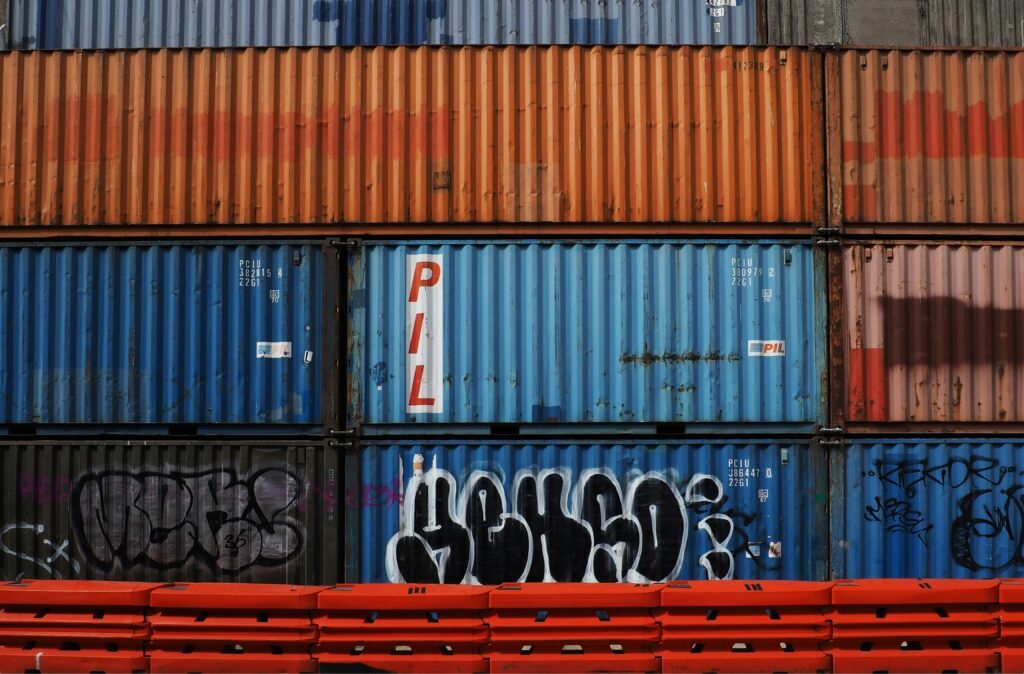
The Household Cost: Up to $2,400 More Per Year
Research from Yale University’s Budget Lab, cited by Forbes, estimates that the average U.S. household could pay an additional $2,400 in 2025 if the new tariffs take effect and persist. This projection reflects the cumulative impact of all tariffs announced in Trump’s plan.
Price Hikes Across Everyday Goods
The tariffs are expected to drive up consumer prices by 1.8% in the near term. Some of the hardest-hit categories include:
- Apparel: Prices could jump 37% in the short term (and 18% long-term).
- Footwear: Up 39% short-term (18% long-term).
- Metals: Up 43%.
- Leather products: Up 39%.
- Electrical equipment: Up 26%.
- Motor vehicles, electronics, rubber, and plastic products: Up 11–18%.
- Groceries: Items like vegetables, fruits, and nuts could rise up to 6%, with additional increases for coffee and orange juice due to specific tariffs on Brazilian imports.
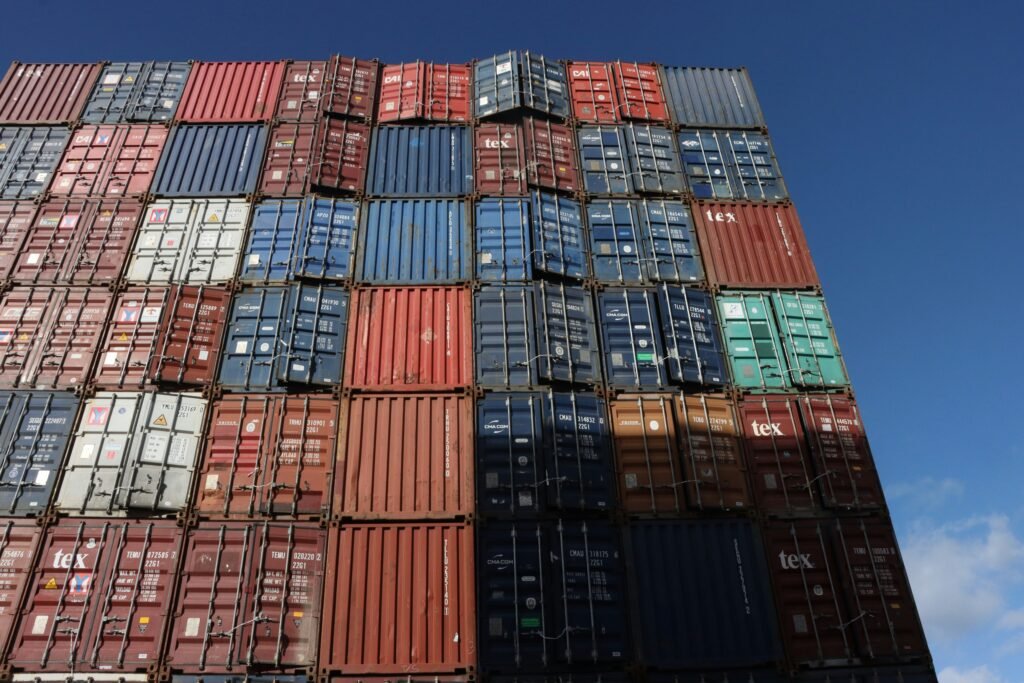
A Historic Tariff Rate and Economic Impact
If fully implemented, the effective tariff rate on U.S. consumers could reach 18%, the highest level since 1934. The broader economic consequences are also notable:
- GDP Reduction: The tariffs could reduce U.S. GDP by 0.4% annually, equating to about $110 billion per year.
- Revenue vs. Losses: While tariffs are projected to generate $2.2 trillion in revenue over the next decade, this would be offset by $418 billion in negative economic impacts.
How Businesses Are Responding
A KPMG survey cited in the report found that 83% of business leaders expect to raise prices within six months of tariff implementation. More than half say their profit margins are already under pressure, suggesting that consumers will likely bear the brunt of these increased costs.

What This Means for Americans
The findings underscore the potential for substantial financial strain on American families and businesses if Trump’s proposed tariffs are enacted. With consumer prices set to rise and economic growth projected to slow, the debate over tariffs is likely to remain front and center in the months ahead.
For more in-depth economic analysis and updates, stay tuned to Bolanlemedia.com.
Business
U.S. Limits Nigerian Non-Immigrant Visas to Three-Month Validity

In July 2025, the United States implemented significant changes to its visa policy for Nigerian citizens, restricting most non-immigrant and non-diplomatic visas to a single entry and a maximum validity of three months. This marks a departure from previous policies that allowed for multiple entries and longer stays, and has important implications for travel, business, and diplomatic relations between the two countries.
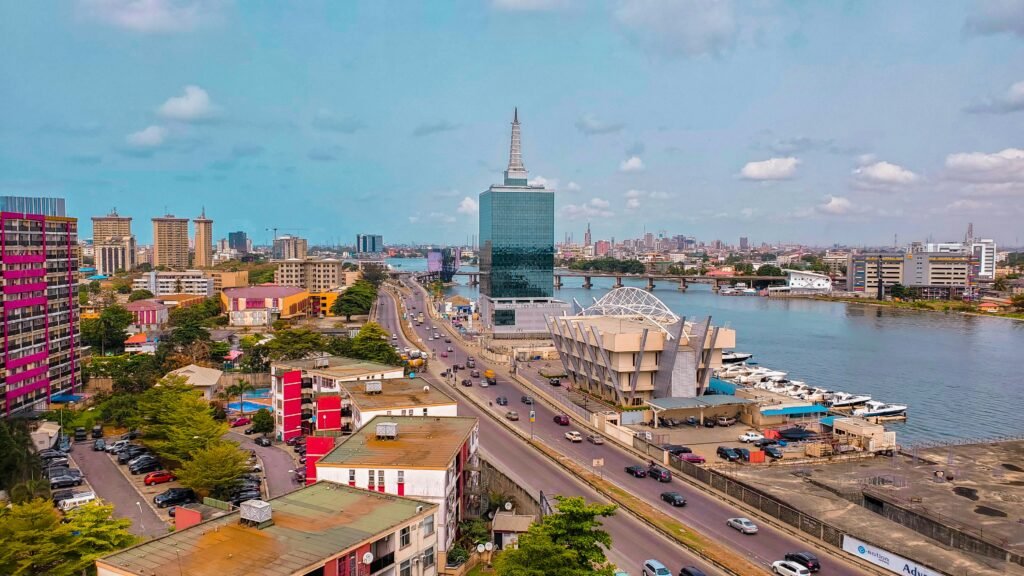
Key Changes in U.S. Visa Policy for Nigerians
- Single-Entry, Three-Month Limit: As of July 8, 2025, most non-immigrant visas issued to Nigerians are now valid for only one entry and up to three months.
- No Retroactive Impact: Visas issued prior to this date remain valid under their original terms.
- Reciprocity Principle: The U.S. cited alignment with Nigeria’s own visa policies for U.S. citizens as the basis for these changes.
- Enhanced Security Screening: Applicants are required to make their social media accounts public for vetting, and are subject to increased scrutiny for any signs of hostility toward U.S. institutions.
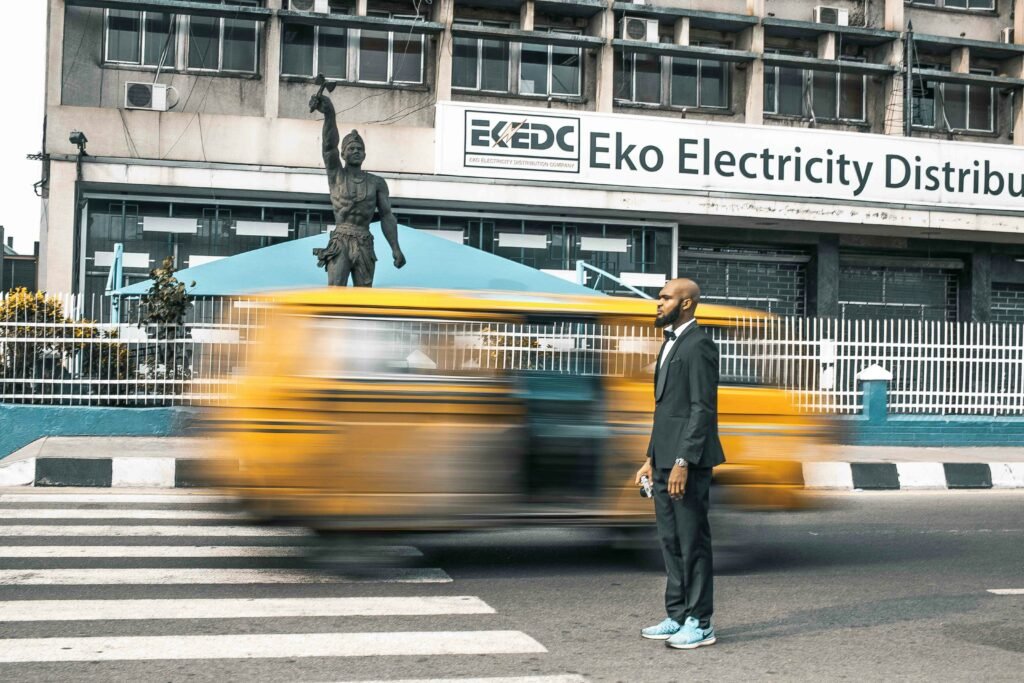
Rationale Behind the Policy Shift
- Security and Immigration Integrity: The U.S. government stated the changes are intended to safeguard the immigration system and meet global security standards.
- Diplomatic Reciprocity: These restrictions mirror the limitations Nigeria imposes on U.S. travelers, emphasizing the principle of fairness in international visa agreements.
- Potential for Further Action: The U.S. has indicated that additional travel restrictions could be introduced if Nigeria does not address certain diplomatic and security concerns.

Nigeria’s Updated Visa Policy
- Nigeria Visa Policy 2025 (NVP 2025): Introduced in May 2025, this policy features a new e-Visa system for short visits and reorganizes visa categories:
- Short Visit Visas (e-Visa): For business or tourism, valid up to three months, non-renewable, processed digitally within 48 hours.
- Temporary Residence Visas: For employment or study, valid up to two years.
- Permanent Residence Visas: For investors, retirees, and highly skilled individuals.
- Visa Exemptions: ECOWAS citizens and certain diplomatic passport holders remain exempt.
- Reciprocal Restrictions: Most short-stay and business visas for U.S. citizens are single-entry and short-term, reflecting reciprocal treatment.

Impact on Travelers and Bilateral Relations
- Nigerian Travelers: Face increased administrative requirements, higher costs, and reduced travel flexibility to the U.S.
- U.S. Travelers to Nigeria: Encounter similar restrictions, with most visas limited to single entry and short duration.
- Diplomatic Tensions: Nigerian officials have called for reconsideration of the U.S. policy, warning of negative effects on bilateral ties and people-to-people exchanges.
Conclusion
The U.S. decision to limit Nigerian non-immigrant visas to three months highlights the growing complexity and reciprocity in global visa regimes. Both countries are tightening their policies, citing security and fairness, which underscores the need for travelers and businesses to stay informed and adapt to evolving requirements.
Business
Nicki Minaj Demands $200 Million from Jay-Z in Explosive Twitter Rant
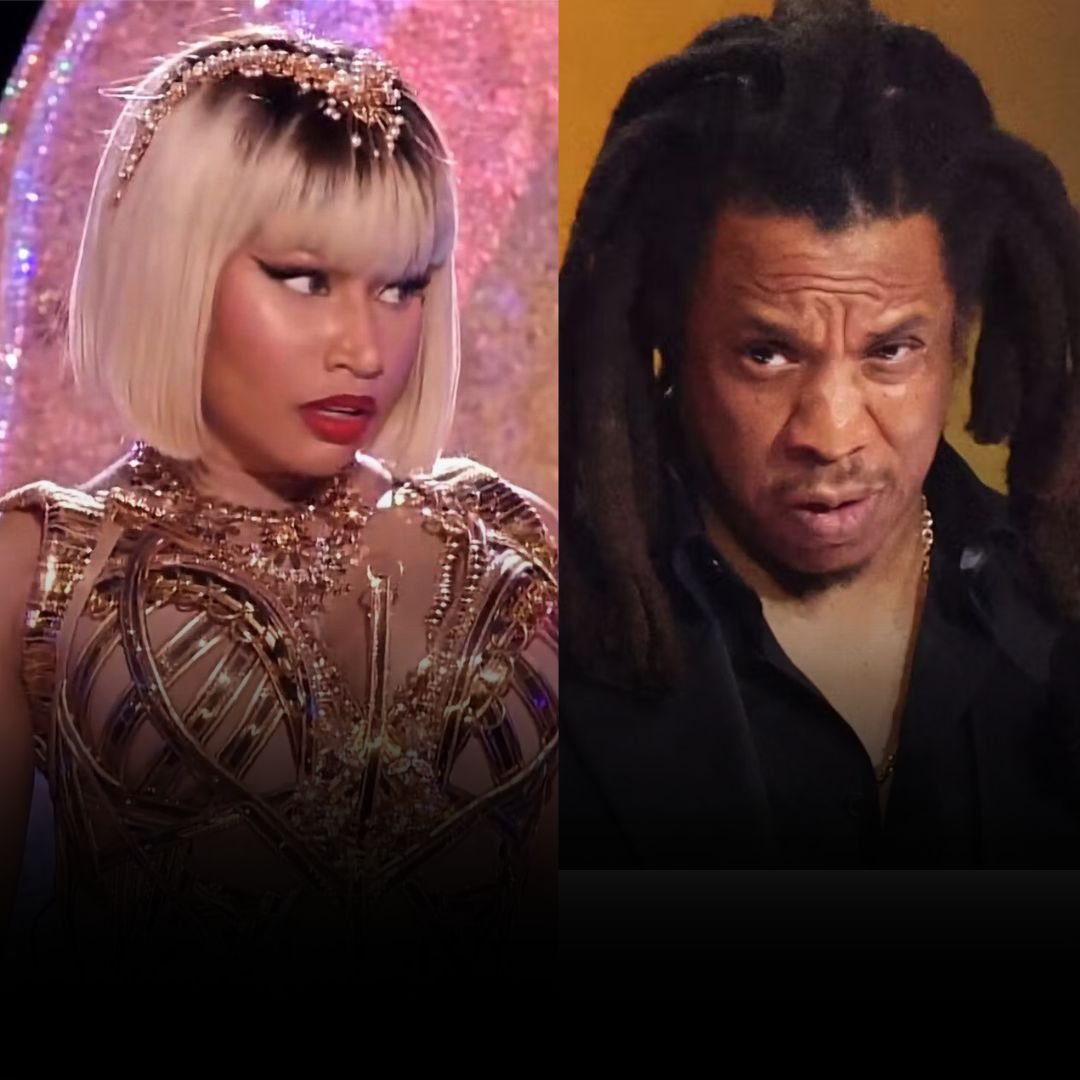
Nicki Minaj has once again set social media ablaze, this time targeting Jay-Z with a series of pointed tweets that allege he owes her an eye-popping $200 million. The outburst has reignited debates about artist compensation, industry transparency, and the ongoing power struggles within hip-hop’s elite circles.

The $200 Million Claim
In a string of tweets, Minaj directly addressed Jay-Z, writing, “Jay-Z, call me to settle the karmic debt. It’s only collecting more interest. You still in my top five though. Let’s get it.” She went further, warning, “Anyone still calling him Hov will answer to God for the blasphemy.” According to Minaj, the alleged debt stems from Jay-Z’s sale of Tidal, the music streaming platform he launched in 2015 with a group of high-profile artists—including Minaj herself, J. Cole, and Rihanna.
When Jay-Z sold Tidal in 2021, Minaj claims she was only offered $1 million, a figure she says falls dramatically short of what she believes she is owed based on her ownership stake and contributions. She has long voiced dissatisfaction with the payout, but this is the most public—and dramatic—demand to date.
Beyond the Money: Broader Grievances
Minaj’s Twitter storm wasn’t limited to financial complaints. She also:
- Promised to start a college fund for her fans if she receives the money she claims is owed.
- Accused blogs and online creators of ignoring her side of the story, especially when it involves Jay-Z.
- Warned content creators about posting “hate or lies,” saying, “They won’t cover your legal fees… I hope it’s worth losing everything including your account.”
She expressed frustration that mainstream blogs and platforms don’t fully cover her statements, especially when they involve Jay-Z, and suggested that much of the coverage she receives is from less reputable sources.
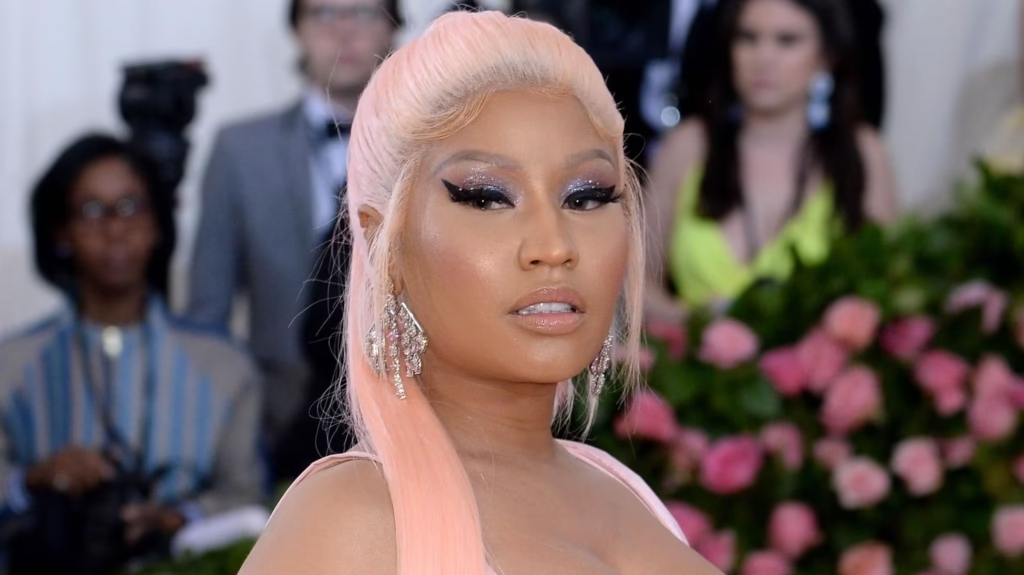
Satirical Accusations and Industry Critique
Minaj’s tweets took a satirical turn as she jokingly blamed Jay-Z for a laundry list of cultural grievances, including:
- The state of hip-hop, football, basketball, and touring
- The decline of Instagram and Twitter
- Even processed foods and artificial dyes in candy
She repeatedly declared, “The jig is up,” but clarified that her statements were “alleged and for entertainment purposes only.”
Political and Cultural Criticism
Minaj also criticized Jay-Z’s political involvement, questioning why he didn’t campaign more actively for Kamala Harris or respond to President Obama’s comments about Black men. While Jay-Z has a history of supporting Democratic campaigns, Minaj’s critique centered on more recent events and what she perceives as a lack of advocacy for the Black community.
The Super Bowl and Lil Wayne
Adding another layer to her grievances, Minaj voiced disappointment that Lil Wayne was not chosen to perform at the Super Bowl in New Orleans, a decision she attributes to Jay-Z’s influence in the entertainment industry.
Public and Industry Reaction
Despite the seriousness of her financial claim, many observers note that if Minaj truly believed Jay-Z owed her $200 million, legal action—not social media—would likely follow. As of now, there is no public record of a lawsuit or formal complaint.
Some fans and commentators see Minaj’s outburst as part of a larger pattern of airing industry grievances online, while others interpret it as a mix of personal frustration and performance art. Minaj herself emphasized that her tweets were “for entertainment purposes only.”
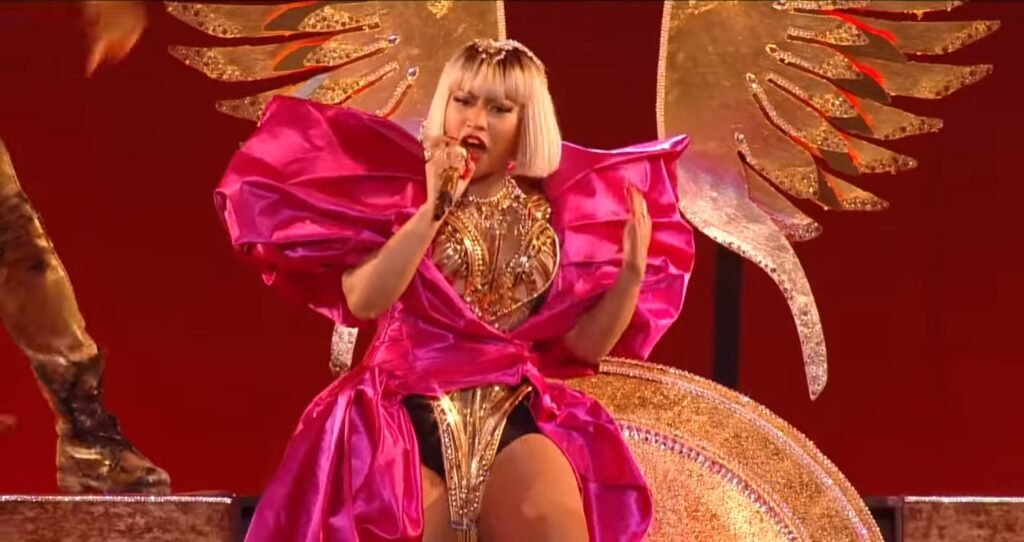
Conclusion
Nicki Minaj’s explosive Twitter rant against Jay-Z has once again placed the spotlight on issues of artist compensation and industry dynamics. Whether her claims will lead to further action or remain another dramatic chapter in hip-hop’s ongoing soap opera remains to be seen, but for now, the world is watching—and tweeting.

 Business1 week ago
Business1 week agoPros and Cons of the Big Beautiful Bill

 Advice2 weeks ago
Advice2 weeks agoWhat SXSW 2025 Filmmakers Want Every New Director to Know

 Film Industry3 weeks ago
Film Industry3 weeks agoFilming Yourself and Look Cinematic

 News2 weeks ago
News2 weeks agoFather Leaps Overboard to Save Daughter on Disney Dream Cruise

 Politics4 weeks ago
Politics4 weeks agoBolanle Newsroom Brief: Israel Strikes Iran’s Nuclear Sites — What It Means for the World

 Health1 week ago
Health1 week agoMcCullough Alleges Government Hid COVID Vaccine Side Effects

 Advice2 weeks ago
Advice2 weeks agoWhy 20% of Us Are Always Late

 Entertainment4 weeks ago
Entertainment4 weeks agoThe Hidden Reality Behind Victoria’s Secret


